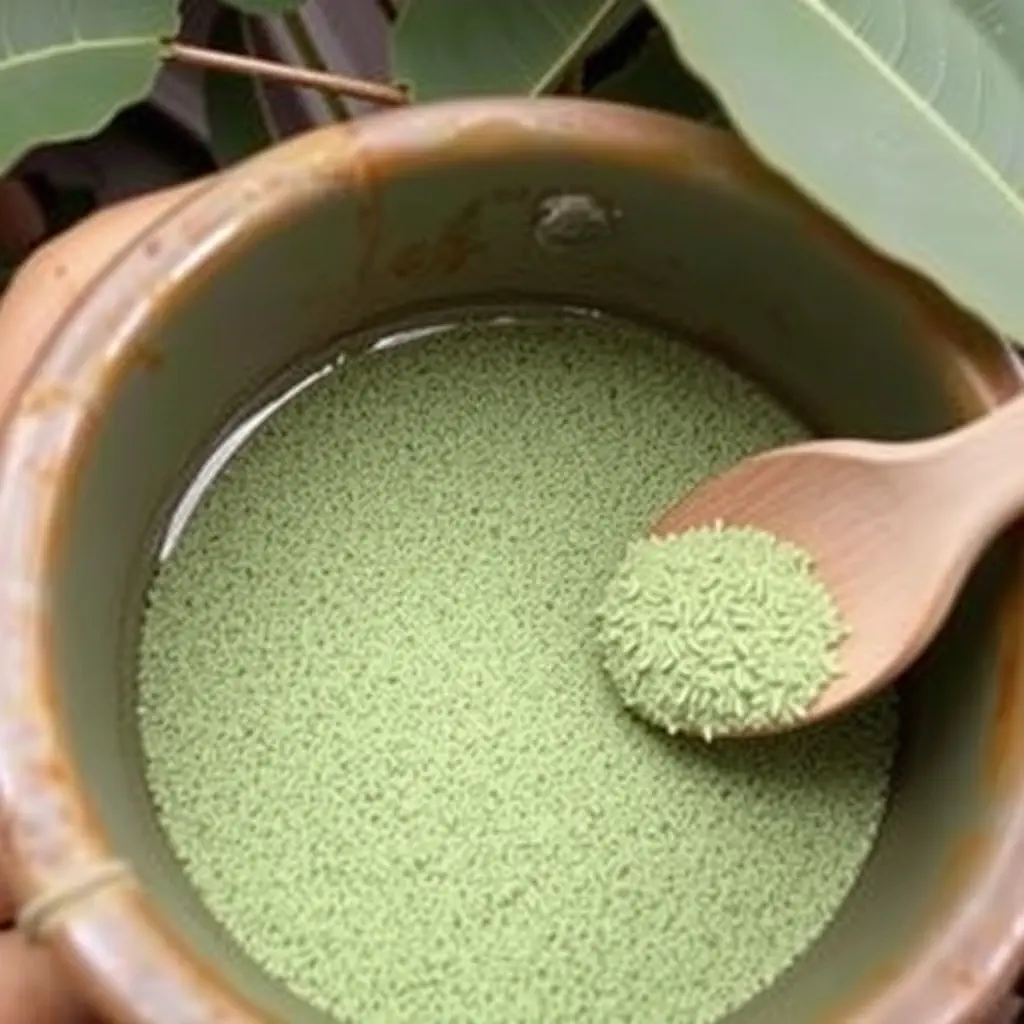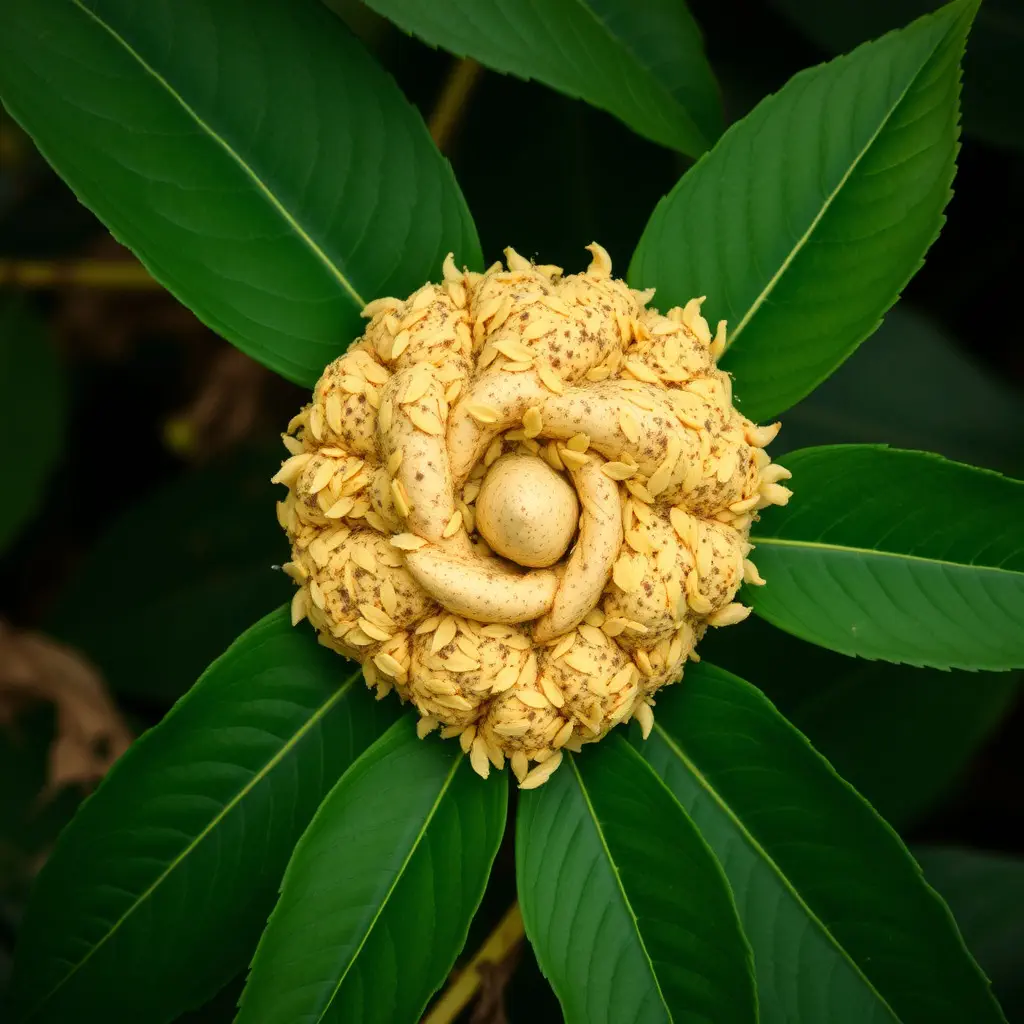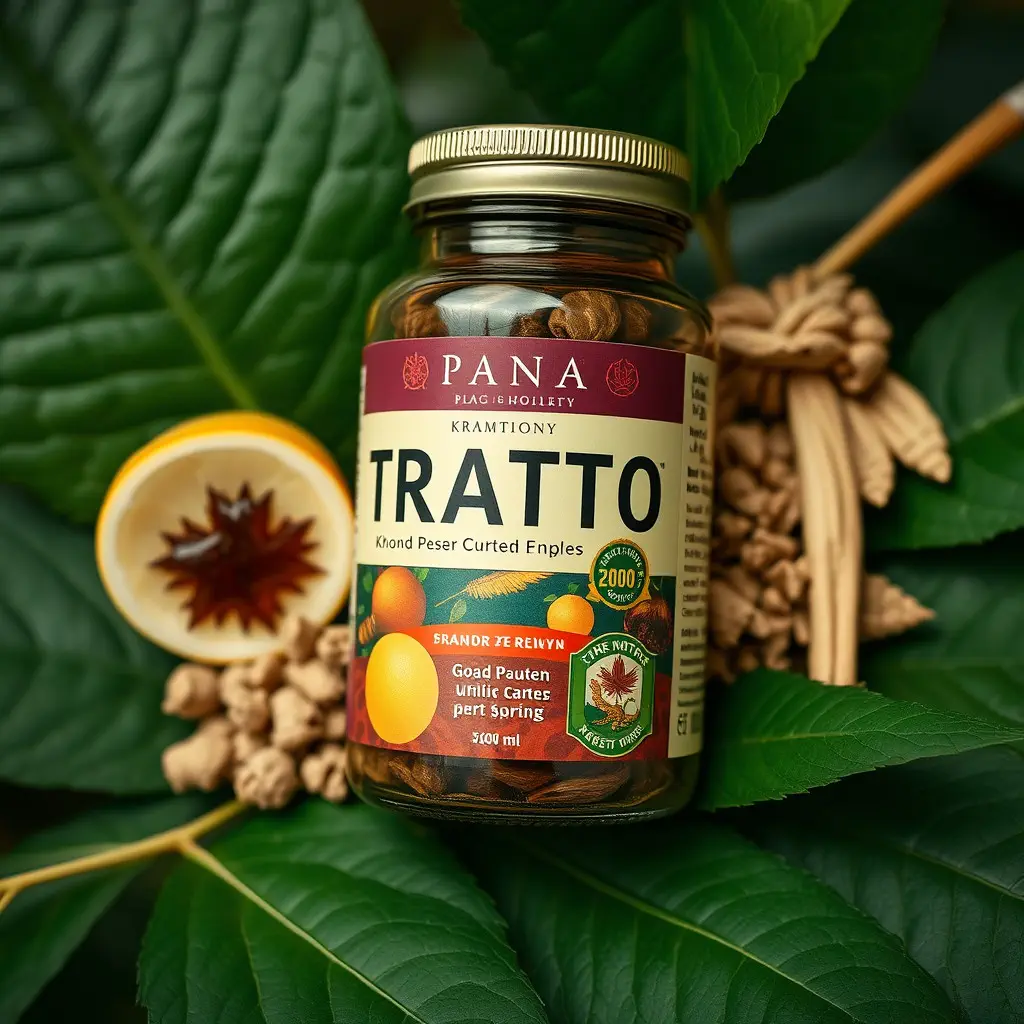As of the latest information up to 2023, kratom's legal status in Michigan is subject to state regulations, with it being classified as a Schedule 1 substance, making its possession, distribution, and sale illegal within the state due to concerns over opioid-like effects and potential for abuse. Despite this, at the federal level, kratom is not controlled under the Controlled Substances Act. In Michigan, vendors are strictly prohibited from marketing kratom as a dietary supplement or implying it can treat or prevent diseases, as guided by the Michigan Department of Agriculture and Rural Development. For those in recovery, particularly athletes, staying informed about these regulations is essential to ensure compliance. Kratom's alkaloids, mitragynine and 7-hydroxymitragynine, have been associated with pain management and mood elevation, which could aid in post-training recovery. However, due to its illegal status in Michigan, it is imperative to approach the use of kratom with caution and under professional medical advice, considering its controversial nature and the evolving legal landscape. Athletes should consider kratom as part of a broader recovery strategy that includes balanced nutrition, quality sleep, and active recovery techniques, while also adhering to local laws to avoid legal complications.
Exploring the role of kratom in athletic recovery, this article delves into the nuances of its legal status, particularly in Michigan, where questions about “Is kratom illegal in Michigan?” are prevalent. We will navigate through the complexities surrounding kratom’s regulatory landscape and offer insights on incorporating it effectively into training recovery strategies. From understanding its legal permissibility to implementing best practices for athlete recovery, this piece provides a comprehensive guide on harnessing kratom’s potential while adhering to state regulations. Join us as we explore the impact of kratom on post-workout recovery in athletes, ensuring a well-rounded approach that respects both athletic ambition and legal constraints.
- Understanding Kratom's Legal Status and Training Recovery: A Focus on Michigan
- Effective Training Recovery Strategies with Kratom Use: Best Practices
- Navigating the Nuances of Kratom for Post-Workout Recovery in Athletes
Understanding Kratom's Legal Status and Training Recovery: A Focus on Michigan

When integrating kratom into training recovery strategies, it’s crucial to first understand its legal status, particularly within the context of a state like Michigan. Kratom, derived from the leaves of Mitragyna speciosa, has gained popularity for its potential benefits in alleviating pain and supporting recovery due to its various alkaloids. However, its legal standing varies across different regions, which necessitates careful consideration by athletes and individuals seeking its therapeutic effects. As of the knowledge cutoff date, kratom is not a controlled substance at the federal level in the United States. Yet, local and state regulations can differ significantly. In Michigan, kratom is legal but subject to specific vendor restrictions. The Michigan Department of Agriculture and Rural Development oversees the sale of kratom products, ensuring they are not marketed as dietary supplements or advertised as treating or preventing any diseases or conditions. For those in Michigan looking to incorporate kratom into their post-training recovery routines, it is essential to stay informed about the evolving legal landscape and comply with local ordinances. The state’s approach to kratom underscores the importance of a balanced regulatory framework that protects public health while respecting consumers’ access to products they find beneficial for their recovery needs. Athletes and trainers in Michigan must navigate this legal terrain carefully, ensuring they adhere to both federal and state guidelines to avoid any legal implications while pursuing optimal training recovery outcomes with kratom.
Effective Training Recovery Strategies with Kratom Use: Best Practices

When engaging in rigorous training or athletic activities, recovery is a critical component for optimal performance and overall health. Kratom, a botanical supplement derived from the leaves of Mitragyna speciosa, has garnered attention for its potential role in post-exercise recovery due to its alkaloid profile which may influence pain perception, muscle relaxation, and mood enhancement. However, it’s important to note that the legal status of kratom varies by state, with Michigan being one such location where its use is regulated; as of the knowledge cutoff in 2023, kratom is not fully illegal in Michigan but is subject to specific restrictions and controls.
Incorporating kratom into a recovery strategy should be approached with caution and informed decision-making. Users may opt for kratom strains like Maeng Da or Bali, which are known for their balancing properties that can aid in musculoskeletal recovery. Additionally, incorporating proper nutrition, adequate sleep, and active recovery practices such as stretching or light cardio alongside kratom use can enhance the effectiveness of the recovery process. It’s crucial to adhere to the appropriate dosing guidelines and to consult with a healthcare provider before integrating kratom into any training regimen, especially considering its legal status and potential interactions with other substances or medications. Users should also stay informed on the evolving regulatory landscape of kratom in their jurisdiction to ensure compliance with local laws. Proper education and guidance from knowledgeable sources are essential for safely leveraging kratom as part of a comprehensive recovery strategy.
Navigating the Nuances of Kratom for Post-Workout Recovery in Athletes

Mitigating muscle soreness and optimizing recovery are paramount for athletes engaged in rigorous training regimens. Kratom, a plant-based compound derived from the leaves of Mitragyna speciosa, has gained attention within athletic communities as a potential post-workout recovery aid. Its alkaloids, chiefly mitragynine and 7-hydroxymitragynine, are believed to play roles in pain management and mood enhancement, which can be beneficial for athletes experiencing the physical and psychological demands of training. However, the legality of kratom varies across jurisdictions; in Michigan, its status is a subject of legal debate. Athletes residing or training in this state should be aware that, as of my knowledge cutoff in 2023, kratom is classified as a Schedule 1 substance, rendering it illegal to possess, distribute, or sell within the state’s borders. This classification stems from its opioid-like effects and potential for abuse.
Despite its legal complexities, the discussion around kratom’s efficacy for recovery cannot be overlooked. Research suggests that kratom may help alleviate pain and inflammation, which are common post-exercise issues for athletes. Its analgesic properties could contribute to a reduction in delayed onset muscle soreness (DOMS), thereby enhancing the speed of recovery. Additionally, kratom’s interaction with opioid receptors might offer mood-enhancing benefits, which can be crucial for maintaining motivation and focus during intense training periods. Nevertheless, due to its potentially addictive nature and lack of long-term safety data, it is imperative that athletes consult with healthcare professionals before incorporating kratom into their recovery protocols, especially in regions where its use is legal. This due diligence ensures a responsible approach to performance enhancement and personal well-being.
In concluding our exploration of training recovery strategies enhanced by kratom guidance, it’s evident that understanding both the legal considerations and the nuances of kratom use is paramount for athletes seeking effective post-workout recovery. As discussed, Michigan presents a unique legal landscape regarding kratom, where its status varies by county. This necessitates careful attention to local laws when considering incorporating kratom into recovery routines. The best practices for training recovery strategies that include kratom use underscore the importance of individualized approaches, tailored dosing, and adherence to safety guidelines. Athletes navigating these strategies must proceed with caution and prioritize their health by staying informed about the evolving legalities surrounding kratom in Michigan and beyond. With a comprehensive understanding of its legal status and proper application, kratom can be a valuable addition to an athlete’s recovery regimen, potentially enhancing performance and well-being.






